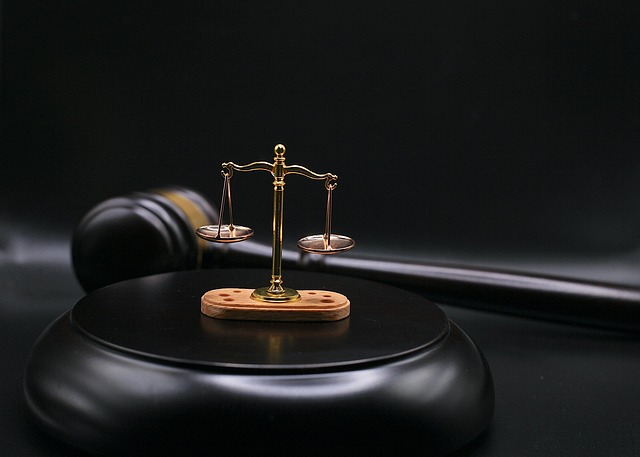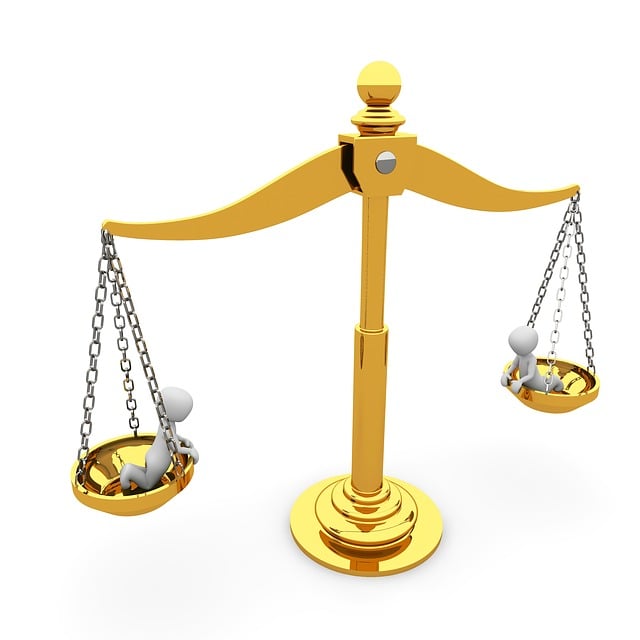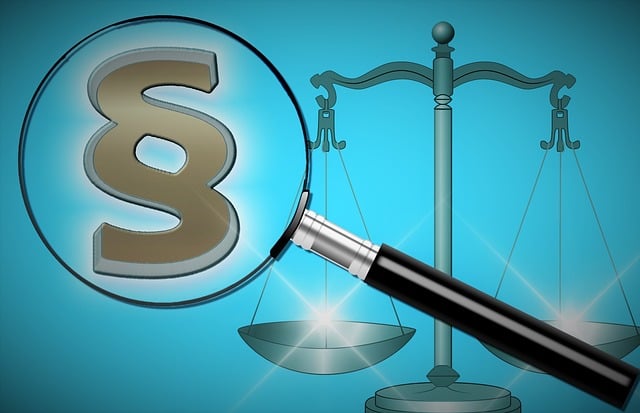Antitrust laws protect fair competition and consumers from monopolies by banning price-fixing, market division, and abuse of power. Recognizing violations like identical pricing or agreements to avoid competition is key. To appeal a criminal conviction, gather strong evidence, consult an expert attorney, prepare a detailed brief within a set timeframe, and potentially argue before judges with jury trials as an option.
In today’s competitive markets, understanding antitrust laws and their importance is crucial. These regulations protect consumers by preventing businesses from engaging in harmful practices like price-fixing or market monopolization. Recognizing signs of antitrust violations is key for both individuals and businesses. This article guides you through the process, including gathering evidence for your appeal and navigating the legal complexities. Learn how to file an appeal effectively in criminal cases related to antitrust violations, ensuring justice and fair competition.
- Understanding Antitrust Laws and Their Importance
- Recognizing Signs of Antitrust Violations
- Gathering Evidence for Your Appeal
- The Legal Process: How to File an Appeal Effectively
Understanding Antitrust Laws and Their Importance

Antitrust laws are designed to foster fair competition in the marketplace by preventing businesses from engaging in anti-competitive practices. These laws are crucial for maintaining a level playing field, promoting innovation, and protecting consumers from monopolistic behavior. Violations can include price-fixing, market division, and the abuse of dominant market position. Understanding these laws is essential for both businesses and legal professionals, as they play a significant role in regulating economic activities and ensuring robust competition across the country.
Knowing how to navigate a potential antitrust violation case, including how to file an appeal in a criminal case, can be complex. In the event of an accusation, individuals or companies accused of white-collar and economic crimes should seek winning challenging defense verdicts by employing experienced legal counsel. This process involves thoroughly reviewing the evidence, identifying loopholes, and constructing a robust defense strategy that highlights the non-violation nature of the alleged activities.
Recognizing Signs of Antitrust Violations

Recognizing signs of antitrust violations is a critical step for both businesses and individuals to protect their interests. Unfair business practices such as price fixing, market division, or abuse of dominant market position can significantly harm competition and consumers. Look out for instances where companies collude to set prices, restrict output, or allocate markets among themselves. These behaviors often manifest as coordinated actions, like identical pricing strategies across competing businesses or agreements to avoid competing on certain products or services.
If you suspect a potential antitrust violation, understanding how to file an appeal in a criminal case becomes relevant, especially for white-collar defense scenarios. High-stakes cases often revolve around complex legal arguments and may require lengthy jury trials. Navigating these complexities demands meticulous documentation, thorough investigation, and strategic legal representation. Prompt action is key; gathering evidence, recording communications, and preserving potential witnesses can all contribute to a robust case, whether it’s for appealing a conviction or seeking damages in a civil lawsuit related to antitrust violations.
Gathering Evidence for Your Appeal

When preparing to File an Appeal in Criminal Case, one of the most crucial steps is gathering evidence to support your claim. This process demands meticulous attention to detail and a strategic approach. Begin by reviewing the trial transcript and all relevant documents, as these will be pivotal in building your case. Identify any discrepancies or errors that could strengthen your appeal, such as procedural faults, improper witness testimonies, or mishandling of evidence by prosecution.
Next, collect supporting documentation from reliable sources. This might include expert opinions, previous legal precedents, or statistical data that contradict the verdict. Additionally, interview witnesses who can provide new insights or challenge the initial testimony. The goal is to assemble a comprehensive body of evidence that not only undermines the original conviction but also presents a compelling case for the complete dismissal of all charges, especially in cases of white collar and economic crimes where nuances and context are paramount.
The Legal Process: How to File an Appeal Effectively

The legal process of appealing a criminal case involves several key steps. If you’ve been convicted and believe there were errors during your trial, it’s crucial to understand how to file an appeal effectively. The first step is to consult with an experienced attorney who specializes in antitrust violation cases and appeals. They will review the details of your case, identify potential grounds for appeal, and guide you through the process.
Filing an appeal typically begins with preparing a detailed brief outlining the legal errors that occurred during the trial. This includes any issues related to evidence handling, jury instructions, or procedural mistakes. For his clients, this process aims to secure a complete dismissal of all charges if the appeal is successful. The next step involves submitting the appellate petition within a specified timeframe, followed by potential oral arguments before a panel of judges. Jury trials are an option in some cases, providing a second chance for a fair deliberation.
Understanding antitrust laws is crucial for recognizing and combating violations that can distort markets and harm consumers. If you’ve been involved in a criminal case where these laws have been breached, knowing how to file an appeal effectively is essential. By gathering solid evidence and navigating the legal process adeptly, you can ensure your rights are protected and work towards a just outcome. Remember, timely action and a comprehensive approach to presenting your case are key when pursuing an appeal in any criminal matter.






